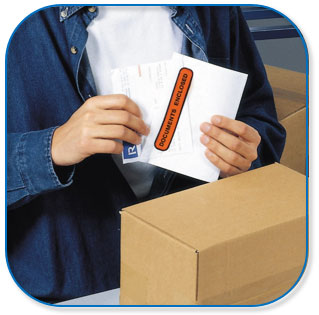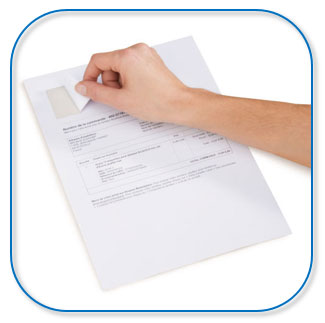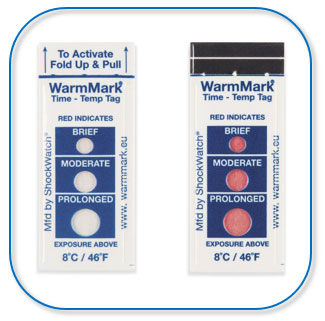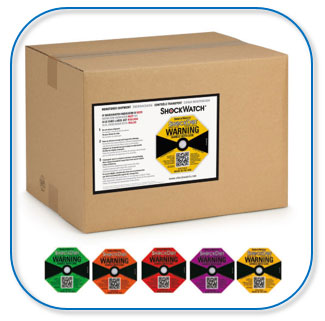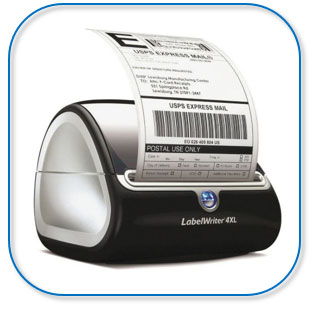Shipping labels are important to ensure your packages arrive safely at their destination.In this selection guide, we go over everything you need to know about shipping labels: from A to Z.We also look at a few specific labels, such as temperature and shock indicators.Let’s start with some tips on how to use these types of labels.
Our tips for your mailing labels
A good shipment starts with solid packaging, however, shipping labels offer an additional guarantee for safe transport and proper storage. What should you consider?
-
It is best to stick shipping labels on the side of your crate, not on the top, as crates are often transported in stacks and would therefore make your labels invisible.
-
Don’t stick labels on a fold or corner – this makes the label less readable and the barcode more difficult to scan. Also, don’t stick the label on a tape – opening the crate could damage it.
-
Always stick a warning label on the largest part of the package. This increases visibility.
-
Don’t go overboard with the number of labels – limit them to what is strictly necessary, as the more you put on, the less attention they will get.
-
Finally, always remember to follow the rules for exporting, which you can find on this page.
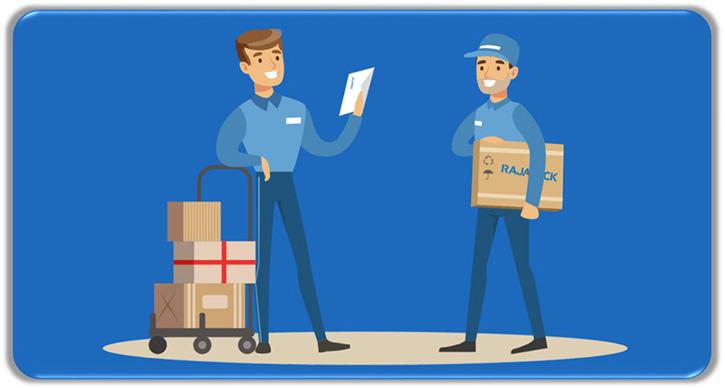
Choose from seven mailing labels
In this detailed article you will find all kinds of labels, both for use in Belgium and abroad
► Document bags
The first shipping label we look at is the document pouch
.
With this type of pouch, your most important shipping documents always stay dry and are immediately visible to anyone who gets their hands on your package.A document pouch often contains an invoice, delivery address or description of the contents.Convenient, because you don’t have to open the package or crate to find out what’s in it.
All the documents needed for shipping are safely with the package and can’t be lost.Thanks to its strong self-adhesive backing, you can stick it to any surface.There are also printed versions to make the contents of the pouch even clearer (they then contain the packing list, invoice or enclosed documents printout).
su_spacer]
su_spacer]
►shipping labels
The next type of label to look at is what we call “shipping labels”.They are specially designed for the e-commerce sector to make shipping even easier.Shipping labels contain all the information you need: the delivery note or invoice, the shipping address and a label with a return address (if your customer wants to return the shipment).Special formats have been designed for larger e-commerce merchants such
as
► Packaging labels
[A packaging label is essential if you want to give the right instructions to the sender or receiver of your package. The icons below are the most commonly used and you will probably have seen them before:
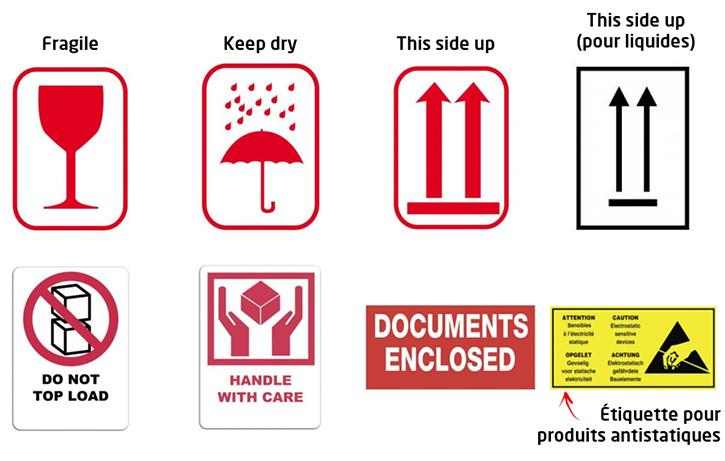
► Warning labels
If you are shipping toxic or flammable products, warning labels are an absolute must – and often a legal requirement.These labels are a standard size of 10 x 10 cm and are immediately distinguishable due to the contrast they form with the colour of the package, which is often brown.Guidance on the use of these labels can be found
on
theEuropean Chemicals Agency (ECHA) website.
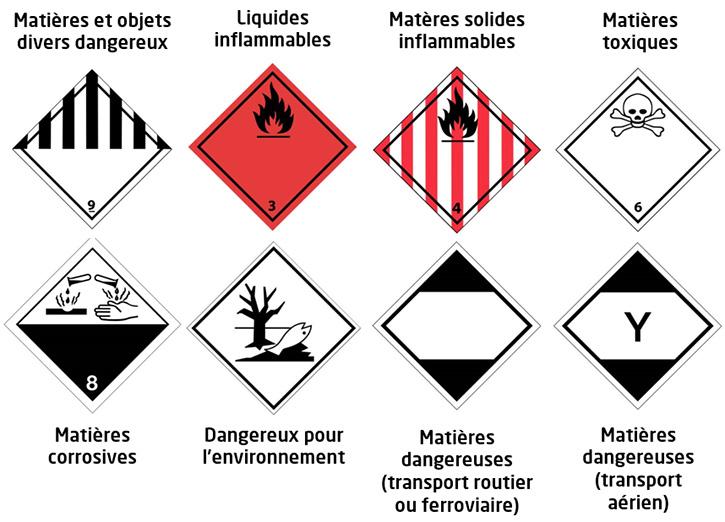
►temperature indicators
Let’s take a look at some lesser-known labels. Have you ever used temperature indicators, for example? In combination with an insulated box, they are indispensable for transporting foodstuffs, medicines or electronics, among other things. A temperature indicator turns red or purple (depending on the type) when your packaging is exposed to a temperature that is too high or too low. It is best to combine such an indicator with a warning label that gives instructions on what to do if the temperature indicator becomes discoloured. Temperature indicators are placed on the inside and outside of the packaging.
►shock indicators
Another type of special shipping labels are shock indicators.The name alone is enough to know what they are: these indicators react to shock (and then turn red).This way you know immediately upon receipt if your package has fallen during loading, transport or unloading.There are different shock indicators depending on the weight and volume of your package.Each type of indicator has a different colour.Just like temperature indicators, it is best to combine such a shock indicator with a warning label so that the recipient can interpret the indicator correctly.Shock indicators are often only glued to the outside of the package.
►thermal labels
Les étiquettes thermiques sont un type particulier d’étiquettes d’envoi qui méritent certainement d’être mentionnées. Lors de l’impression d’étiquettes, on utilise généralement de l’encre noire. Cependant, ce n’est pas le cas avec les étiquettes thermiques car le message est comme ‘brulé’ sur le papier thermique. Consultez l’article suivant pour découvrir tous les avantages de cette technique.
Pour cette technique d’impression, vous avez besoin d’une imprimante thermique. Grâce à leur compacité, ces imprimantes sont souvent utilisées dans un bureau ou sur de petites stations d’emballage. Mais ne vous y trompez pas… Même si elles sont petites, elles peuvent imprimer un grand nombre d’étiquettes, jusqu’à 71 par minute avec, par exemple, la Dymo LabelWriter 450… Avec les imprimantes thermiques, vous pouvez imprimer presque tout, des adresses postales aux étiquettes d’expédition en passant par les étiquettes de prix et de produits, codes barres et images.











